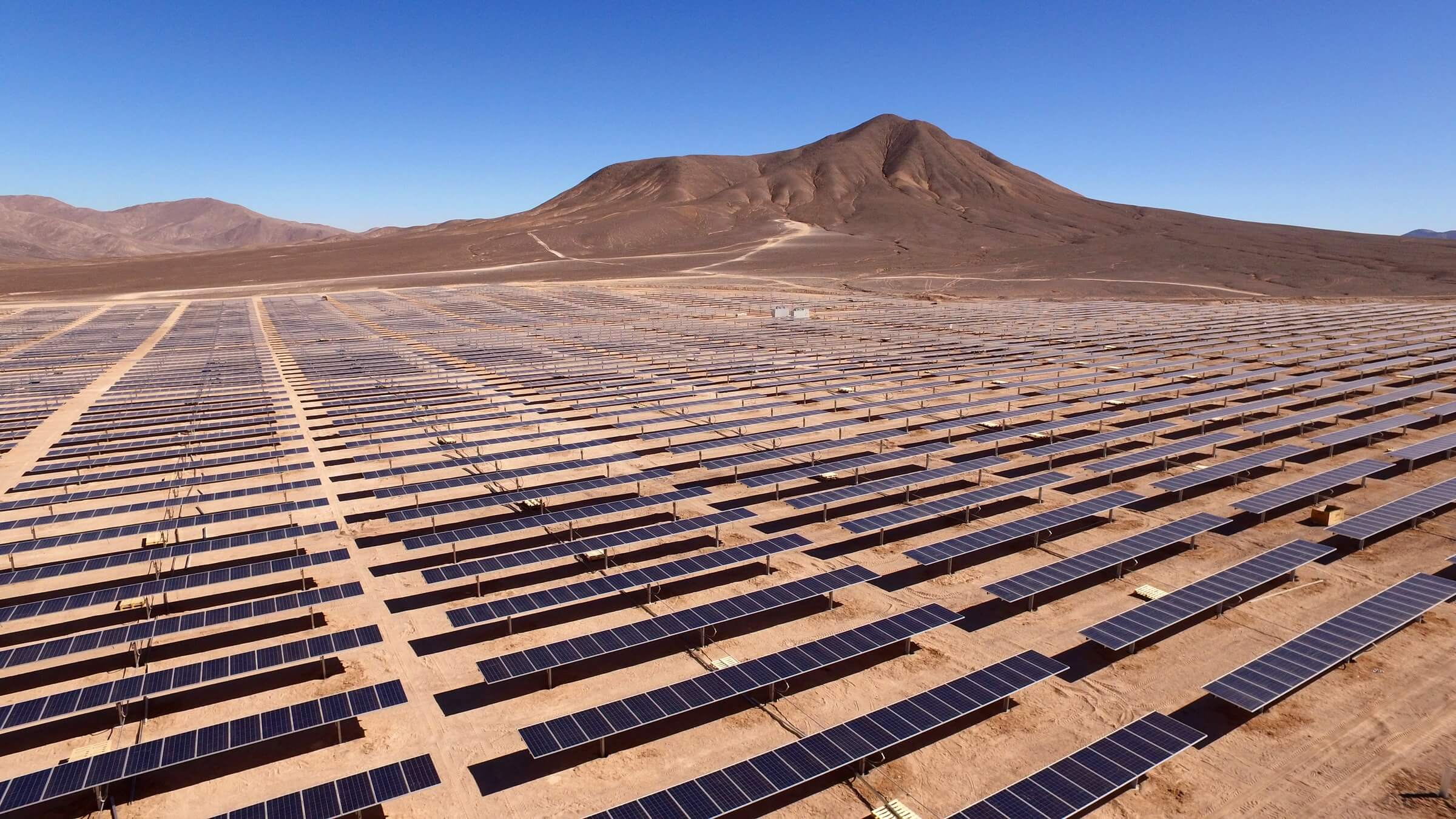Chile and El Salvador provided expert insights in the fourth Virtual Seminar on “Long-Term Energy Scenarios for Developing National Clean Energy Transition Plans in Latin America”. The seminar series is a joint initiative of IRENA, UN ECLAC and GET.transform, which builds on IRENA’s Long-term Energy Scenarios (LTES) Network and takes place in the framework of UN ECLAC’s Technical Forum of Energy Planners (FOREPLEN).
Long-term planning insights from Chile were delivered by Carlos Barria, Head of the Energy and Environmental Policy and Studies Division of the Chilean Ministry of Energy. Chile’s energy sector is transforming and entering a very ambitious transition process. Currently representing 78% of the country’s total emissions, the energy-related sectors (housing, industry, transportation, and electricity) offer an enormous mitigation potential. Energy could thus make a tremendous contribution to meeting Chile’s NDC goal of reaching carbon neutrality by 2050. Energy planning in Chile is carried out every five years with a 30-year horizon and annual projections updates. The planning process is then followed by tendering transmission and generation infrastructure, in line with the country’s long-term vision of a sustainable energy future.
Representing experiences from El Salvador, Juan José García, Director of Energy Planning of the National Energy Council, equally highlighted energy planning as an important tool to integrate and underpin sustainability and climate goals. Since the sector’s liberalisation in 2010, energy planning in El Salvador has become a viable way to bring together different sector perspectives. One of the main products of the energy planning process has been the National Energy Policy for 2020-2050, which was jointly developed by public and private sector stakeholders, as well as universities, over a two-year consultation. Planning is recognised as an instrument for cohesion among a wide array of factors and priorities, such as lowering energy prices, increasing investment, meeting demand of rising energy consumption, fostering renewable energy sources, providing universal access, and playing a vital role in creating jobs. The resulting planning scenarios connect with national policy and regulations regarding emissions and NDC targets.
Dive into all findings by watching the English webcast above or the Spanish recording here.
The fifth Long-Term Energy Scenario on 31 March, 2021 will feature lessons learnt from Argentina and the Dominican Republic, and will be simultaneously available in Spanish and English.



